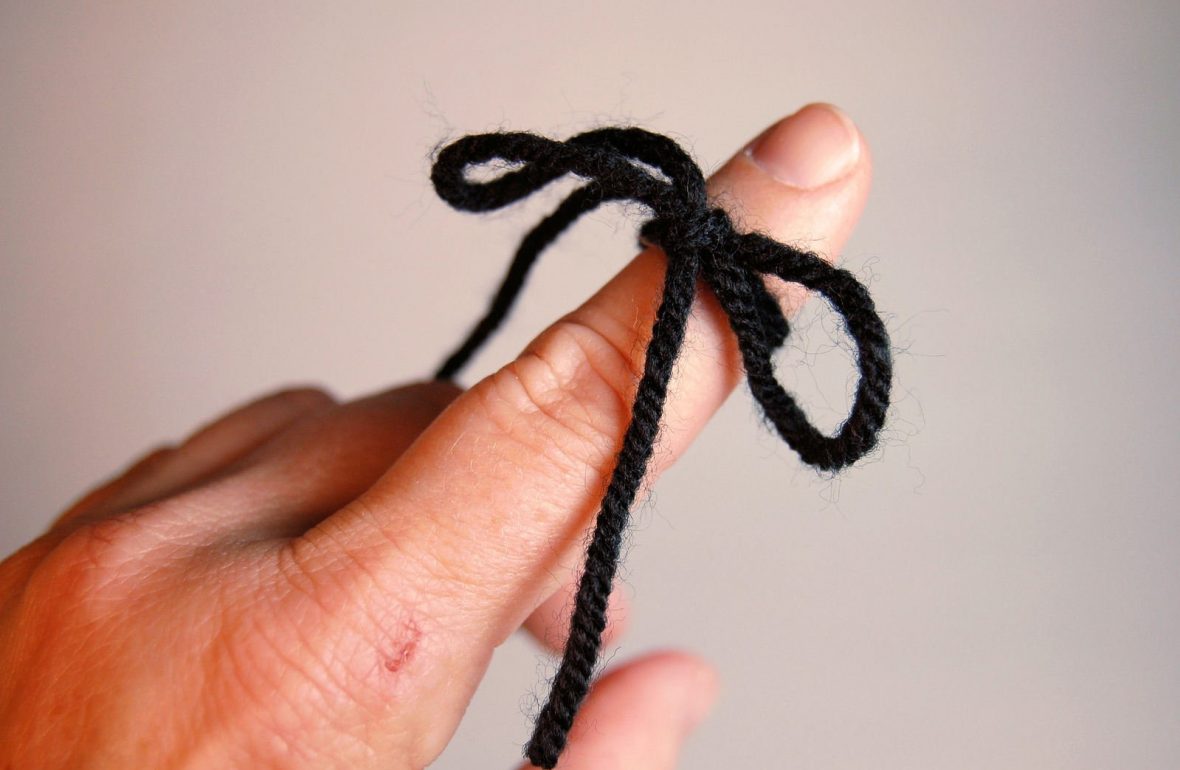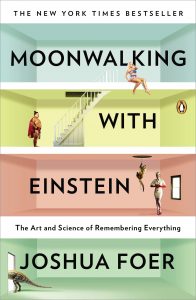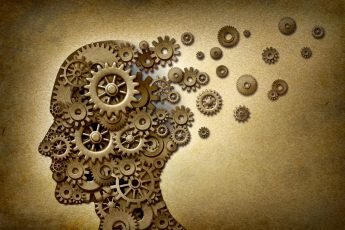
Memory
There are numerous ways in which our memory can let us down.
Short and Long-Term Memory Storage
Decay
We have all experienced the feeling in which we simply can’t recall something. You almost have it, but no, you can’t remember what it was. This inability to recall deemed “retrieval failure” by scientists, is one of the most common forms of forgetting. And scientists have proposed something called “decay theory” as a possible explanation. As the name implies, decay theory suggests that as each new memory is formed, which they term a “memory trace”, it will begin to fade-away over time, unless we contemplate the memory and rehearse it. If the memory is not retrieved over an extended period of time it will eventually be discarded and lost.
Displacement
This type is where a new memory writes over and replaces an existing one. Similar to when you accidentally over-write a file on your computer, a new memory can do the same thing.
Failure to Store
This is when we try to store or encode information into our long-term memory, but it just doesn’t get saved. Interestingly, we also don’t always store clear details in our memory.
Motivated Forgetting
Sometimes we may experience some painful event we don’t want to remember ever again. Some scientists believe our brains can actually allow us to both consciously and unconsciously work to forget certain memories. The conscious form they term “suppression” while the unconscious they designate “repression”. There is less agreement on “repression” as it is extremely difficult to scientifically study.
Benefits of Forgetting
As strange as it may seem, forgetting can actually help our memory! If we don’t store outdated or trivial information, we can store more important things. As this 2015 study has shown, the sheer act of remembering by retrieving a particular memory can induce the forgetting of other unrelated memories.
Improving
We would all like to improve our memory, so how would one go about it? It turns out that there are techniques available that anyone can use to vastly improve their recall. One important technique comes to us from antiquity and is called The Method of Loci, also known as The Memory Palace. In this technique you use the layout of some building you are familiar with such as your home. You then decide which rooms you want to store your items. In each room you determine some memorable locations to place your items. Choose around 5 items per room. Then, when you want to remember something, say a list of groceries, you just place a grocery item into each one of your locations in a particular room. If you had a grand piano in your room for example, you could imagine placing a dozen eggs on top of the piano keyboard. To make the image even more memorable, you can add movement to your image, or make it something funny or disturbing. For instance you could imagine the dozen eggs being cracked and oozing out over your expensive piano. You then retrieve the list by walking through the room, stopping at each of your locations to see the item you placed into it. This technique has even been featured in BBC’s Sherlock.

In Joshua Foer’s excellent book Moonwalking with Einstein, he demonstrates some of the important techniques anyone can utilize to remember things. I highly recommend it if you are interested in using some practical methods to help you remember things.








Leave a Comment